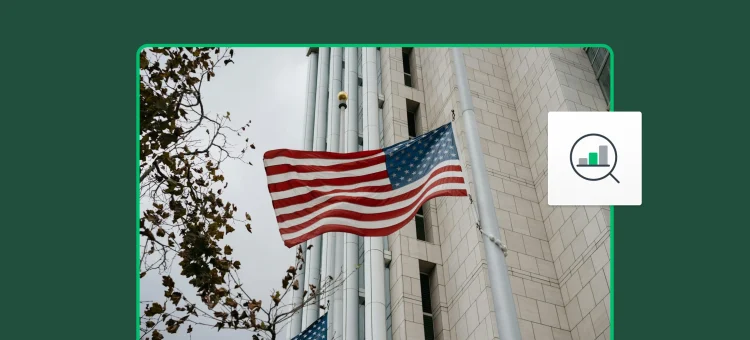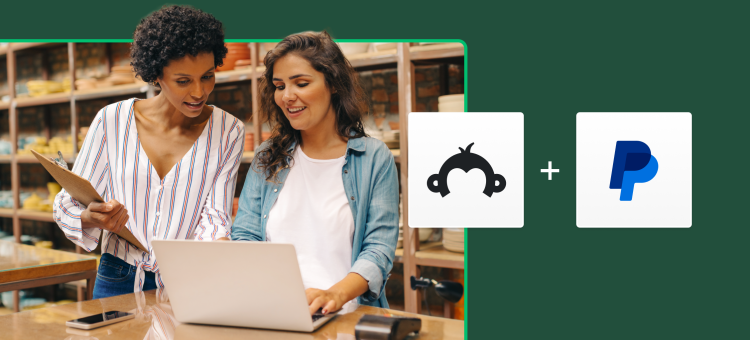A new poll SurveyMonkey conducted for CNBC’s Squawk Box shows a rapidly increasing sense that racism against black people is a major problem in the United States, a growing perception that whites benefit from unfair advantages, and a significant erosion in the percentage of Americans who see the police as providing equal treatment to all.
As the country faces days of protests against the killing of Ahmaud Arbery, George Floyd, and Breonna Taylor, about half of all Americans see the country as more divided than ever. Our research found the following:
- 35% of Americans highlight race as the single biggest source of division in the country, beating out the intense partisanship we often focus on (26%), ideology (16%), and class (10%).
- For black Americans, race is by far the dominant divide, while whites are more apt to see party battles as more divisive. 67% of black respondents said race is the biggest problem, compared with vs. just 8% who highlighted party cleavages.
Moreover, 73% of black respondents said racial discrimination against black people is an “extremely serious” problem today, well more than double the number of whites who said so (31%). At the same time, the perception that racism is a major problem is up significantly among both blacks (+20 points) and whites (+17) since an NBC News/SurveyMonkey poll in May 2018.
Also changed since that survey are the numbers of both white and black Americans who see whites benefiting from advantages in society that black people don’t have. We’re also seeing a decrease in the numbers of both white and Black respondents who see the police as treating everyone equally. Today, 89% of Black Americans and 74% of whites indicate that police in the country treat some groups better than others.
For full results, click through the interactive toplines below.
Read more about our polling methodology here.
Question text:
Of these, which do you think is the biggest source of division in America today?
How serious a problem do you think racial discrimination against blacks is in this country?
How much, if at all, do white people benefit from advantages in society that black people do not have?
Do you think the police treat all groups equally, or do they treat some groups better than others?
Do you think the success of U.S. technology companies has had a positive or negative effect on the overall U.S. economy?
Which of the following statements concerns you more?
In general, do you think social media (e.g., Facebook, Twitter) does more to help promote democracy and free speech or does more to hurt democracy and free speech?
Which do you think is more important?
How often should social media companies ban users who post content on their platforms that others consider to be hateful or offensive?
How about for President Trump, do you think social media companies should or should not flag content he posts on their platforms that some consider hateful or offensive?
How closely have you been following the news about:
The death of a black man, George Floyd, while being arrested by a white police officer, and the protests that have followed his death.
Twitter's decision to add disclaimers to certain tweets from President Trump and the White House, and President Trump's announcement of new regulations on social media companies.
The coronavirus.



